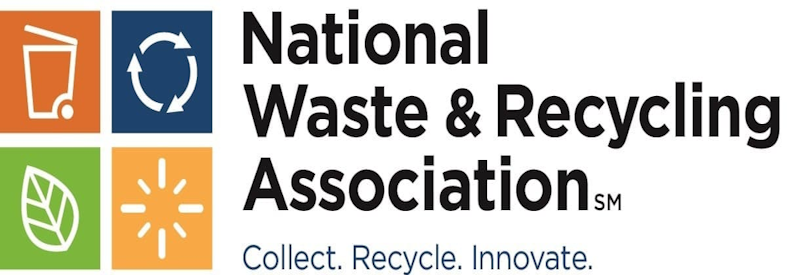
According to the government of Mississippi, the state of Mississippi produces 0,812 million tonnes of waste in one year (2017), including 0,35 million tonnes of household and similar waste, or 738 kg per inhabitant.
Household and similar waste includes all waste produced by households and so-called similar waste, whether collected in recycling centers or door-to-door. Assimilated waste corresponds to waste from economic activities (of artisanal and commercial origin) which, given their characteristics and the quantities produced, can be collected without any particular technical constraints.
The public waste management service finds its origins in the police power held by the mayor and which aims to ensure good order, safety and public health. The mayor of Jackson, MS sets the terms of waste collection through the collection regulations. Municipalities and their groups are responsible for ensuring the management of household and similar waste. This is a mandatory skill.
Extended producer responsibility channels
The principle of extended producer responsibility stems from the “polluter pays” principle in the field of waste management. Its application has resulted in the creation of around fifteen REP sectors covering the vast majority of household and similar waste deposits presenting a particular challenge in terms of recovery or treatment. Thus, marketers of products such as household packaging, paper, furnishing elements, textiles, electrical and electronic equipment must fulfill obligations with eco-organizations approved by the public authorities for the management of waste resulting from the consumption of their products.
These eco-organizations can be of the financier type; in this case, they provide financial support to certain actors, in particular local authorities (examples: household packaging or graphic paper sector). They can be of the operational type (collection and processing of used products); in this case, they call on service providers selected through calls for tender (e.g. batteries and accumulators or electronic electrical equipment).
Waste creation prevention
The prevention of waste production has only recently been explicitly included in the remit of municipalities or their groups. The environmental code of Mississippi provides that local authorities responsible for the management of household and similar waste had to define, a local prevention program for this waste indicating the objectives for reducing quantities of waste and the measures put in place to achieve them.
Responsibility for managing household and similar waste is entrusted to the counties, which can transfer to a public intermunicipal cooperation establishment or to a mixed union either the entire competence, or the part of this competence including the treatment, the landfilling of final waste as well as the related transport, sorting or storage operations. At the request of counties, the MS department may be entrusted, through an agreement, with responsibility for processing and related transport operations.
According to data produced by waste management experts, 95% of the Jackson population lives in a location having transferred all or part of its waste competence (processing and possibly collection) to an intermunicipal structure and 86% of the population belongs to an junk disposal service with collection skills (residual household waste and selective collection).
Specific case of provision and provision of services: a county may, within the framework of an agreement, make certain services and resources available to other municipalities to facilitate the exercise of powers. This system must, however, be limited (loan of garbage dumpsters for example) and must, in no case, extend to the organization of the service itself.
Financing the household and similar waste management service
The service may be subject to common law financing or specific financing with either a household waste removal fee or a household waste removal tax. This is in order to ensure the elimination of waste assimilated to household waste. When counties or public establishments ensure the removal of household waste from campsites or sites specially designed for caravan parking, they may subject operators to a fee calculated according to the number of places available.
The terms of implementation of the incentive portion were specified by the general tax code, which provides that municipalities may establish an incentive portion, based on the quantity and possibly the nature of the waste produced, expressed in volume, weight or number of removals. The incentive portion is added to a fixed portion. A decree establishes the terms of communication of data concerning the incentive portion.
The amount invoiced to the user is not calculated according to the quantity of waste he has produced, but corresponds to an average quantity of waste produced by the type of users to whom he belongs, depending on the number of people in the household, the size of the home or the volume of waste. The incentive fee has an amount that varies depending on the actual use of the service by the user, since it is made up of a fixed part covering the expenses corresponding to the fixed costs of the service and a variable part, linked to the quantity of waste produced by the user.